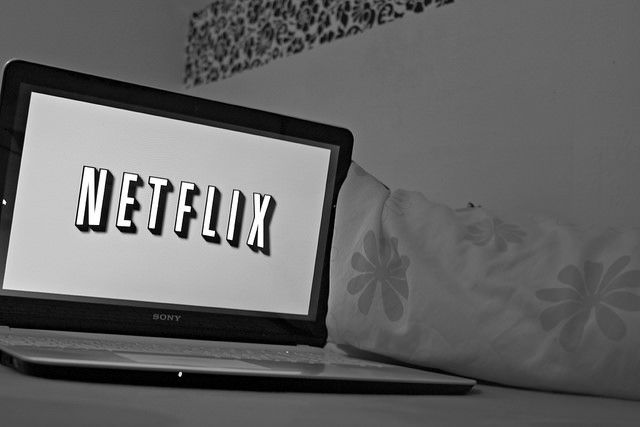When Netflix raised its basic prices just under a year ago, it gave existing customers a one-year period of grace to get used to the idea they would be paying more.
A ti’er across the board
Starting next month, the basic 79 kroner per month subscription will cost 89 kroner, while premium customers will start paying 119 kroner per month.
The standard package allows simultaneous streaming to two Netflix-enabled devices, while the premium package offers the chance to use use four different devices at the same time.
READ MORE: Netflix blocking access to US films in Denmark
Analysts predict a few Netflix customers – fewer than five in every 100 – will drop the service over the price hike. The Netflix price jump will affect customers worldwide.















